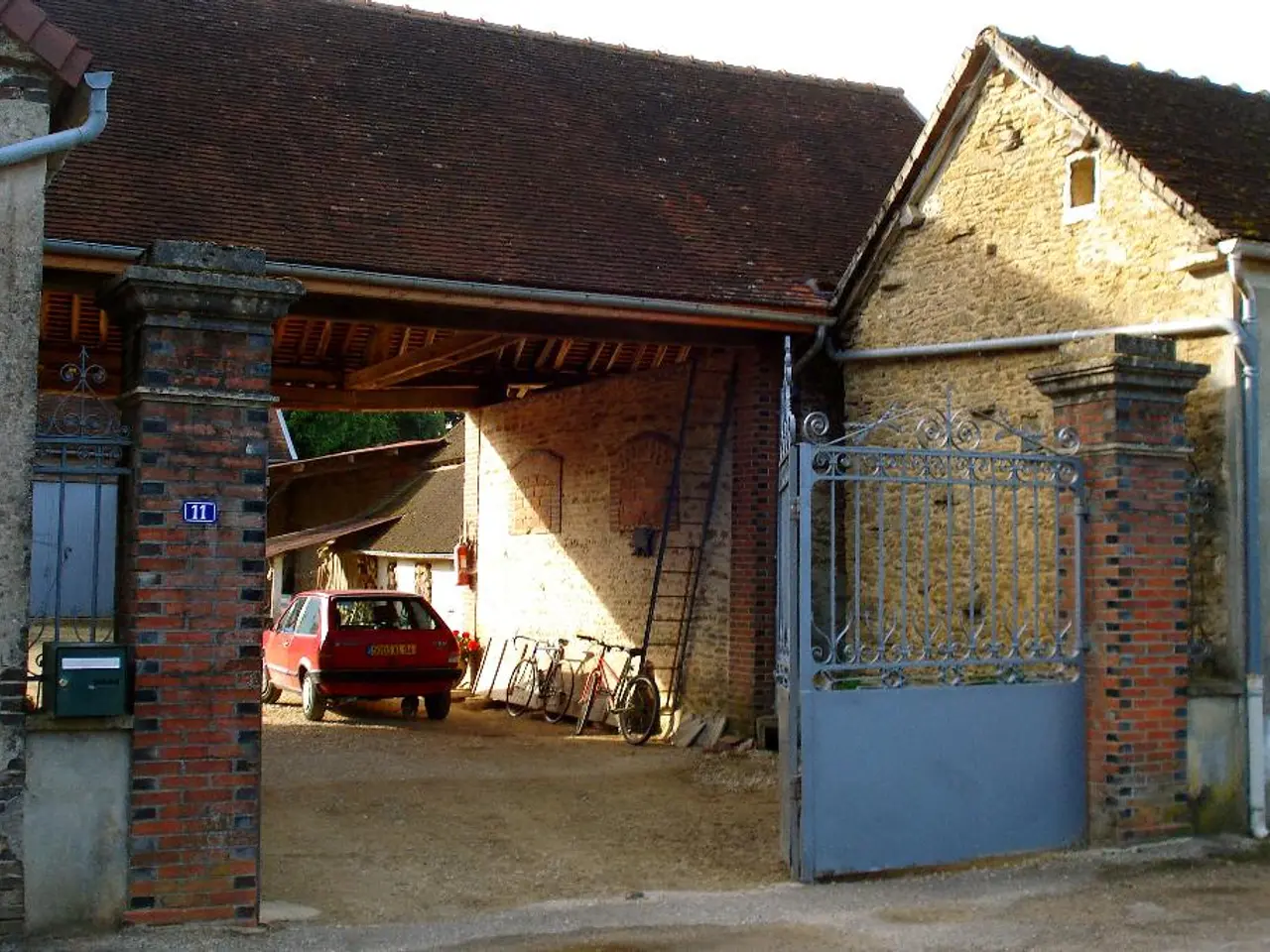Iron or steel objects of round shape, characterized by a circular cross-section
In the realm of financing, building society contracts offer a unique and member-focused approach to securing a low-interest rate loan. Unlike traditional banks, which are profit-driven corporations, building societies are mutual institutions owned by their members. This structure allows for lower rates and fees, making them an attractive option for many.
The process of securing a building society contract involves assessing your financial situation, meeting eligibility requirements, and possibly completing a lending application. The application process is often more flexible compared to traditional bank loans, with more personalized repayment terms.
A building society contract consists of a savings phase and a loan phase. During the savings phase, a portion of the building society sum (40-50%) is saved, with interest rates between 0.01-0.1%. Although these rates may seem low, it's essential to note that the saved sum after ten years may be lower than the sum of the saved amounts due to the low interest rate and setup fee, which is between 1-1.6% of the building society sum.
Unlike a classic loan, the date when the building society loan is paid out is not fixed. The loan is only granted when other building society savers have paid in enough money. Once the savings phase is complete, the loan is paid out with interest rates between 0.95-2.25% for amounts over 100,000 euros. The repayment period for a Building society loan is between six and 13 years.
For those looking to buy a home, a building society contract could be a part of their overall financing plan. According to Max Herbst of FMH Financial Consulting, it could be particularly advantageous for those planning to renovate or rebuild their home in the near future. However, the decision to choose a building society contract relies on the assumption that loan interest rates will rise significantly in the coming years.
Compared to traditional financing methods, building societies often provide lower interest rates and fees. Traditional banks might require more stringent eligibility and documentation and often have higher qualification requirements, but they also sometimes offer perks for existing customers and strong in-person support. Both building societies and traditional banks typically require income proof, credit checks, and financial documentation, but building societies may be more willing to work with members to tailor loans.
In summary, building societies provide a member-centric, often more affordable alternative for borrowing with lower rates and fees due to their non-profit structure, contrasted with traditional banks’ profit-driven models that may result in higher costs but also potentially broader services and stricter loan criteria. The application and securing process is largely similar, focusing on creditworthiness and financial documentation, but building societies may offer more personalized attention and flexible loan terms.
- Engaging with a building society for personal-finance purposes, such as securing a loan for home buying, may be favorable due to the lower interest rates and fees compared to traditional businesses.
- In the realm of personal-finance, considering a building society contract could be advantageous, as these mutual institutions, unlike traditional finance businesses, offer member-focused approaches and competitive rates.






